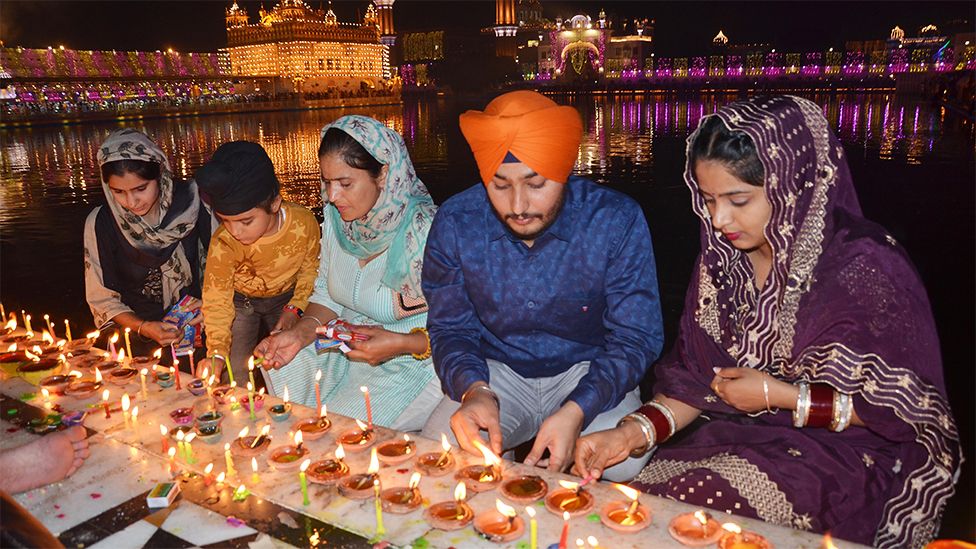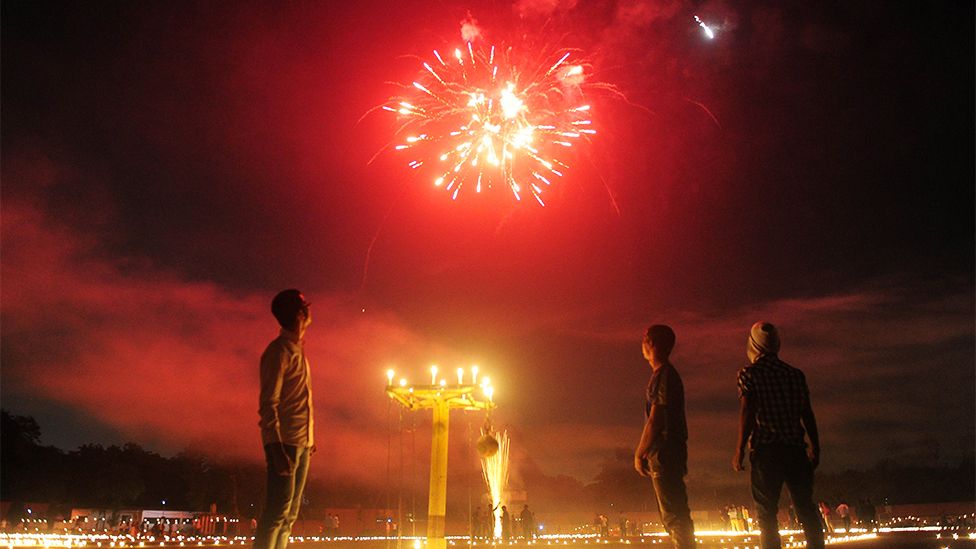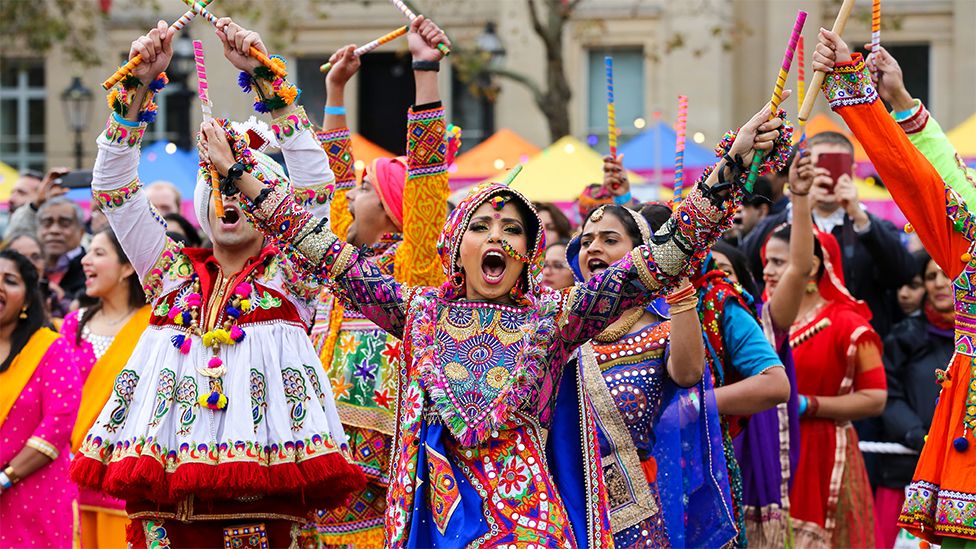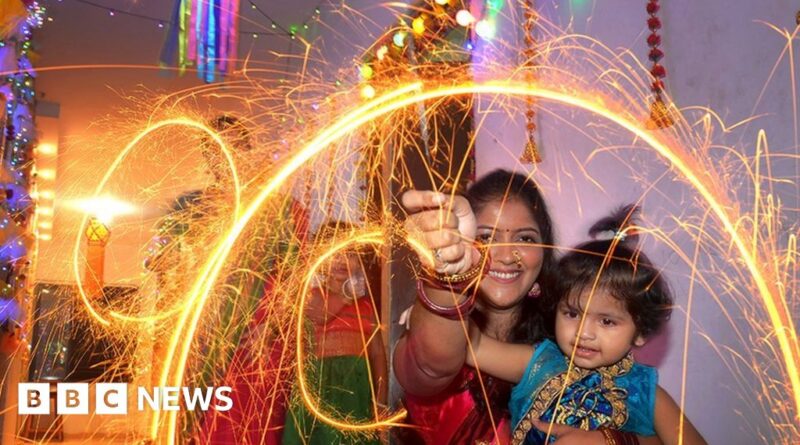Diwali 2023: What you need to know about the festival of light
Diwali: The festival of light
It’s a major festival celebrating the triumph of light over darkness and the start of new beginnings for millions of people of the Hindu, Sikh and Jain faiths. Here’s what you need to know about Diwali.
Diwali runs over five days
The festival tends to fall between October and November, but the exact date varies each year. Each day has a different meaning and, in 2023, the main date of celebration is Sunday 12 November.
It’s best known as the festival of lights
The word Diwali comes from the Sanskrit word Deepavali, which means “rows of lighted lamps”.
Homes and streets tend to be decorated with small oil lamps called diyas, with the light supposed to help Lakshmi – goddess of wealth and good fortune – find her way into people’s homes.
Each religion celebrates for different reasons

For some Hindus, it marks the beginning of the New Year, and is about the return of deities Rama and Sita after 14 years of exile.
The festival is known as Bandi Chhor Divas for Sikhs, celebrating the release of the sixth guru Hargobind Singh from prison in 1619.
For Jains, it’s about the moment Jainism founder Lord Mahavira reached a state of being known as Moksha, or eternal bliss.
It is a time when traditions are followed
Homes are cleaned, new clothes are worn and prayers are said. Outside their homes, people draw rangolis – traditional designs made using colourful powders – to bring good luck and positivity into their lives.
The festival provides an occasion for families to come together

People visit friends and family, with sweets, gifts and good wishes being exchanged.
Some of the festive dishes enjoyed include puri (fried bread), paneer and gulab jamun – with celebrations for many being rounded off in style by lighting fireworks.
But not everyone is a fan of the fireworks
There’s been criticism that fireworks can frighten animals and increase air pollution. The government in India’s capital Delhi has previously imposed a ban on the sale and use of firecrackers because of the impact on air quality.
Celebrations aren’t limited to India

Communities worldwide take part in Diwali. The city of Leicester, in the UK, has one of the biggest celebrations outside India with everything from dance to fireworks, food and fashion. And you can find plenty of events taking place in the United States, Australia and Europe.

